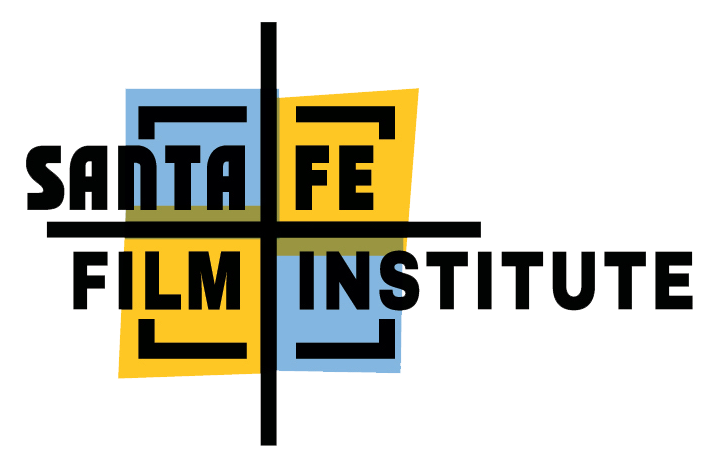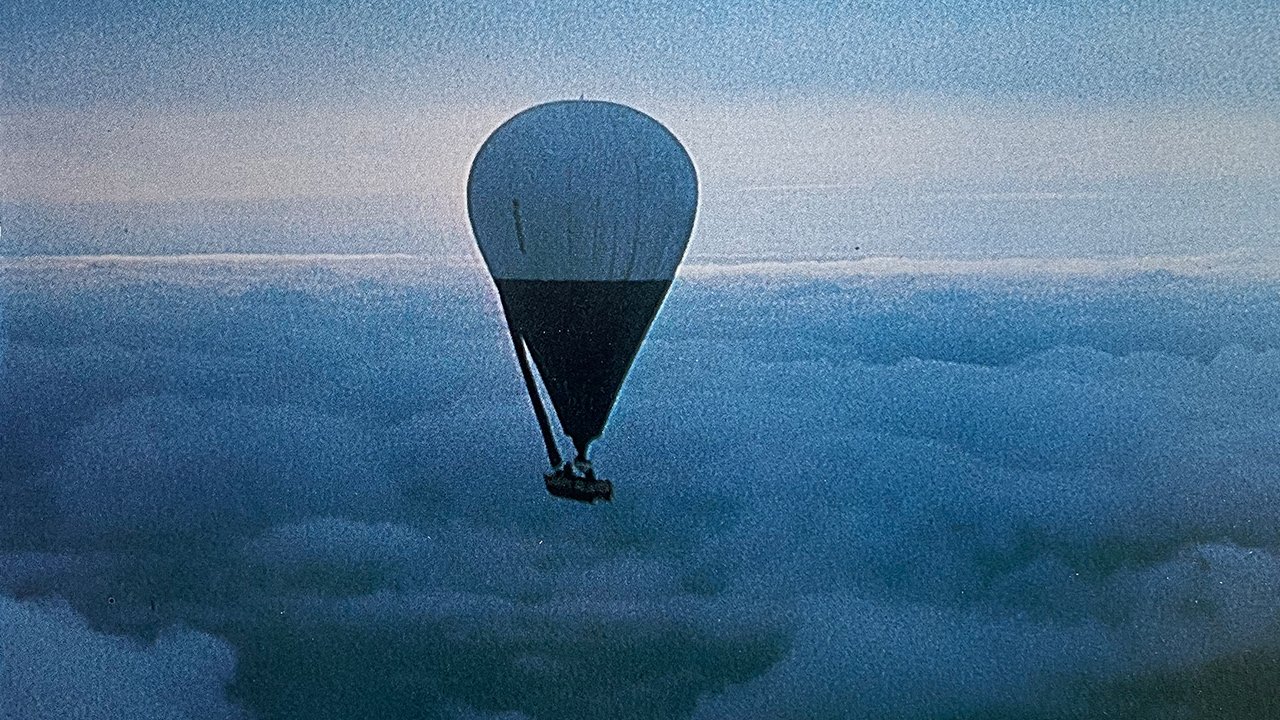Santa Fe Film Institute Awards Over $10K to Filmmakers and Film Students
Santa Fe Film Institute Awards Over $10K to Filmmakers and Film Students
Santa Fe Film Institute (SFFI) has awarded over $10K in Regional Grants for filmmakers, the Imogene Hughes Scholarship Fund for college students, and the SFFI scholarship for high school students pursuing film studies in New Mexico.
Four filmmakers have been awarded in Santa Fe Film Institute’s (SFFI) second Regional Grant cycle. Grant recipients include Scott Hussion with Dead Calm, Colleen Thurston with Drowned Land, Raúl O. Paz Pastrana and Alan Domínguez with Commerce City, and Owee Rae with Bone Guitar. SFFI created this grant in 2021 as a professional opportunity to encourage and support filmmakers in New Mexico and the surrounding states of Colorado, Oklahoma, Arizona, and Texas. Regional Grant winners in 2022 are based in New Mexico, Oklahoma, and Colorado, and this year’s awards range from $500 to $4,000.
Two New Mexico college students have each earned the $1,400 scholarship Imogene Hughes Scholarship for pursuing their film studies. Benny Apodaca of the University of New Mexico and Isabella Edmo of the Institute of American Indian Arts were awarded. This college scholarship, created in memory of the Movie Ranch proprietor Imogene Hughes, was new to Santa Fe Film Institute’s filmmaking initiatives in 2022.
Two New Mexico students have each earned the $500 Santa Fe Film Institute high school scholarship. Aleigha Begay of New Mexico School for the Arts and Emma Meyers of Santa Fe Prep were awarded. Now in its second year, SFFI’s Scholarship Program received applications from students attending numerous high schools throughout New Mexico, and the SFFI team hopes this scholarship program will continue growing in 2023.
SFFI High School Scholarship Awardees
Aleigha Begay and Emma Meyers
Imogene Hughes Scholarship Awardees
Isabella Edmo and Benny Apodaca
Film Projects supported by SFFI's Regional Grant in 2022
Dead Calm directed by Scott Hussion
Two Albuquerque legends, Ben Abruzzo and Maxie Anderson, dared to be the first to ever cross the Atlantic Ocean in a balloon. Thirteen had tried. 7 had died. After a near fatal attempt in 1977, Ben and Maxie were more determined than ever. In August, 1978 the two men, joined by Larry Newman, successfully made the first Trans-Atlantic crossing in a balloon.
This documentary captures the failures, heart-ache, and commitment it took to achieve such a quest. With Interviews from sons Benny and Louis Abruzzo, we will hear first account of what their father endured and sacrificed to become the man we remember today.
Drowned Land directed by Colleen Thurston
Drowned Land is a feature documentary that shares the stories of a group of water protectors determined to preserve the lifeline of their community and end a cycle of environmental exploitation on the Kiamichi River. Recently, the state of Oklahoma signed an agreement to divert up to 85% of the water from the most ecologically diverse river in Oklahoma—the Kiamichi, located deep in the Choctaw Nation.
Colleen Thurston, the director of Drowned Land and a Choctaw Nation citizen, has a personal tie to this story. A century after the federal government forcibly removed the Choctaw Nation from their homelands in the southeastern United States and sent them on the harrowing Trail of Tears to Oklahoma, Colleen’s Choctaw grandfather was an engineer with the Corps of Engineers, who helped to design and build the dams which displaced the very people who, like himself, came from a history of displacement.
The Kiamichi river is home to three endangered species of mussels, which keep the water clean, and which only exist in the Kiamichi watershed. Already threatened by climate change and the construction of Sardis Dam, this tiny mollusk is at risk due to the proposed water diversion. As the community fights to save their water, invoking the Endangered Species Act to protect the river's mussels may be the last hope to conserve the ecosystem.
Commerce City directed by Rául O. Paz Pastrana and Alan Domínguez
Commerce City is a visually striking portrait of the daily life and resilience of the Latinx residents of Commerce City, Colorado—deemed one of the most polluted zip codes in the United States. The film follows the Latinx residents of Commerce City through the seasons, as they navigate their daily lives within the dystopian backdrop of their streets where kids play, food carts sell, and its hard-working residents try to stay healthy in spite of the life threatening pollution that surrounds them.
At its center, Commerce City is home to an oil and gas refinery owned by Suncor, a multi-billion dollar Canadian company. The refinery has been cited numerous times by The Colorado Department of Health and Environment, and has permits that expired 10 years ago. For decades, residents of the area have been dealing with respiratory problems, nosebleeds, and multiple types of cancers, and there are times when local schools have needed to shelter-in-place in response to yellow dust coming from the refinery. Suncor deflects responsibility, dodges residents' questions about the harm of this output, and insultingly offers nearby residents car washes.
In 2021, local residents won a major victory, with Suncor's and the Colorado Department of Public Health and Environment's agreement to have an independent air monitor system throughout the city. While independent scientists monitor the air for one year, Commerce City explores the lives of the city's residents and their unique bilingual/bicultural traditions, patiently revealing the daily realities that many BIPOC communities face throughout the United States.
Bone Guitar directed by Nicole Elmer
There are few things teenage Owl loves more than watching his big brother Martin play in his leather-clad heavy metal band. But one night, Martin messes up his guitar solo, and the audience boos.
After the show, Gamma, the vocalist, beats up Martin for threatening their reputation as the best Navajo thrash metal band. Martin attempts a punch but hurts his hand. That night, Martin ruminates on how he’d be a better musician if he had a good guitar. As Owl finishes his biology homework, Martin spots anatomy diagrams in a textbook and gets an idea. If only he could get a guitar of bones, he’d be such a badass on stage.
Owl makes a sketch of a bone guitar and gets an idea. Meanwhile, Gamma throws Martin out of the band because his hand is fractured, and Martin tailspins into depression. Desperate, Owl must find a way to make Martin’s wish come true.






